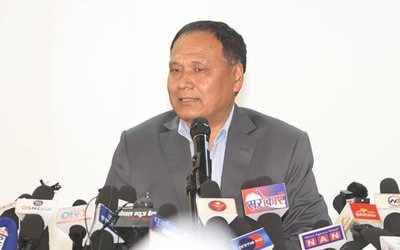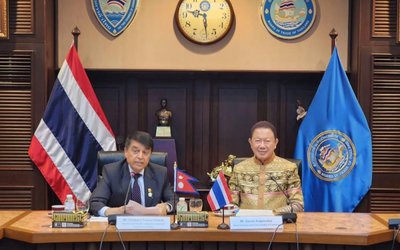More on Economy





The World Bank approved a credit of US$ 150 million to help the Government of Nepal expand coverage of civil registration and modernize the delivery of social security allowances. Over a five year period, the Strengthening Systems for Social Protection and Civil Registration Project will support the establishment of a comprehensive national population register and the phased introduction of electronic-payments to deliver social security allowances in 25 of Nepal’s 75 districts. The new project will also help strengthen related processes and institutional capacity at the central and local levels.
According to a press release issued by the World Bank, the social security allowance is the largest among Nepal’s social assistance programs. Five schemes for old-age pension, single woman’s pension, child grant, disability grant, and endangered ethnicity grant together account for about 0.9 percent of GDP and reach more than 2.2 million individual beneficiaries. These allowances are intended for those who are considered socially or economically vulnerable.
“A recent analysis carried out by the World Bank indicated considerable under-coverage of around 30–40 percent among eligible senior citizens and single women, with the incidence even worse among the poorest,” said Takuya Kamata, World Bank Country Manager for Nepal. “Some people who are eligible for these benefits are not receiving them because of reasons such as low awareness among them, difficulty in accessing nearest local body offices, and lack of legal documents to prove their eligibility,” he said.
The population register that this new project will support will serve as a basis for identifying populations eligible for social security allowances and those excluded from accessing other public and private services. For example, a birth certificate is a requirement for school enrollment. It will help generate timely vital statistics from a central database that could potentially establish linkages with other national programs such as poverty targeted scholarships and health insurance.
“The transition to e-payments and the expansion of IT infrastructure and trained personnel will, over time, make delivery of social security allowances more efficient and reliable, ensuring the right people are paid the right amount at the right time. This should reduce leakage or payment delays,” said Jasmine Rajbhandary, Task Team Leader for the project. “The project will also promote wider citizen engagement, particularly in the areas of enrollment, payment verification and grievance redressal,” she said.





